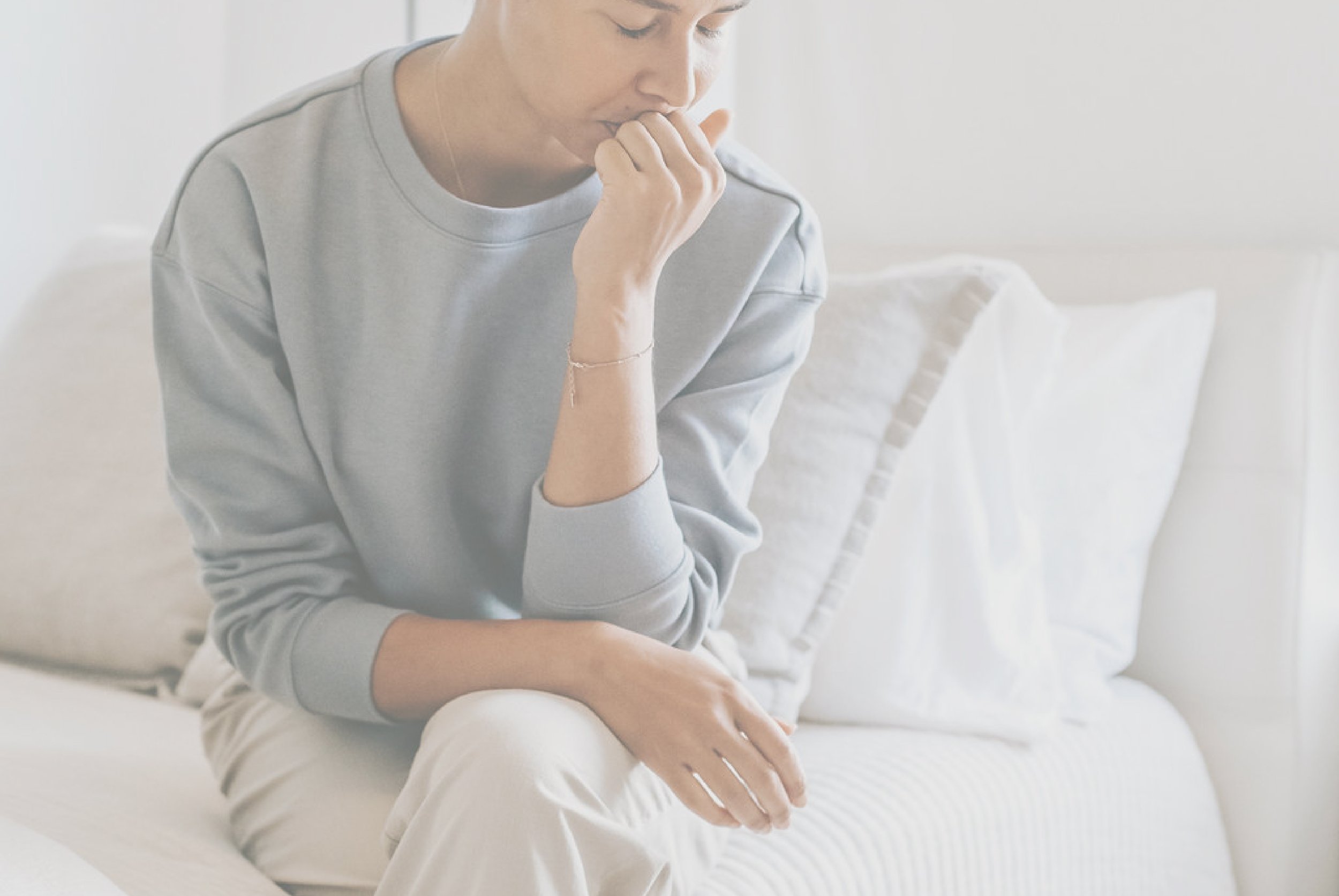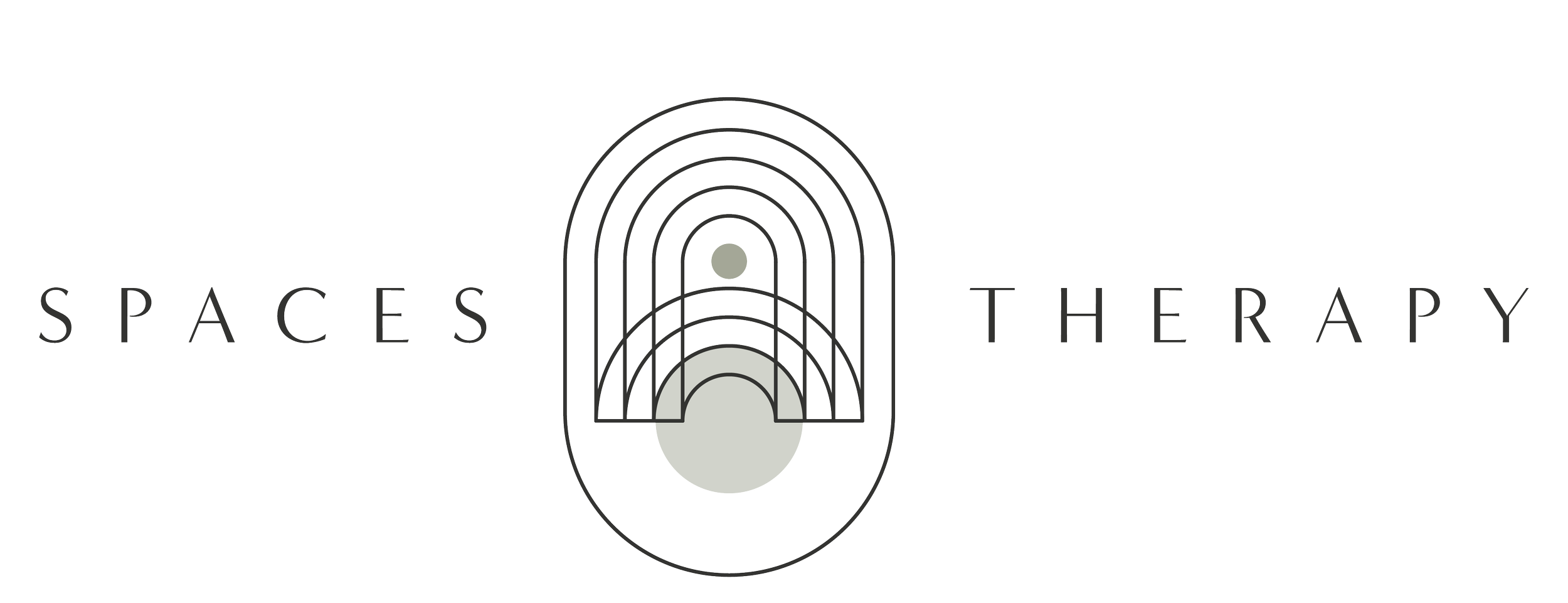
The world can be a lonely and scary place. One day you are happy, fulfilled, and successful at overcoming challenges. Yet, the next, you may feel like you cannot handle what life is throwing at you, no matter how hard you try.
And that’s ok. A lot of us have been there.
At one point or another, your ruminating thoughts might keep you up at night. You may not be able to shake your nerves or worries, experiencing unsettling anxiety. Or you may feel disconnected, struggling to get out of bed, and losing all hope and purpose. If so, you might be struggling with anxiety or depression - and you are not alone.
Anxiety and depression are common mental health issues that show up independently or in conjunction with one another. They can impact our well-being to the extent where working, studying, playing, and interacting with others becomes unbearable. However, they are both treatable with proper support. You may try to hide or convince yourself that things will get easier if you pretend everything is ok. But untreated anxiety and depression do not simply go away.
We believe that you have the power to face the uncomfortable, be empowered, and make space to heal.
If you are ready to get started, browse our therapists or:
If you or your loved one are struggling with anxiety or depression, we are here for you. At Spaces Therapy, we provide therapy for anxiety and depression for kids, teens, and adults to treat their wounds and help them grow.

Frequently Asked Questions
What Is THE DIFFERENCE BETWEEN ANXIETY AND DEPRESSION?
Anxiety is the human response to a dangerous or threatening situation marked by distress and worry. While anxiety can be temporary and harmless (e.g., feeling nervous before a delicate conversation or riding a roller coaster), it can also become pervasive and impede your daily functions.
Depression is a mood disorder characterized by profound sadness, lack of motivation, and worthlessness. It’s much more than the “blues,” as it can also affect your thoughts, emotions, and behaviors, making life incredibly challenging.
Think of anxiety as intense fear and depression as extreme emptiness, yet they involve much more than that. Both anxiety and depression disorders are difficult to manage without professional help, which can cause added suffering and helplessness and turn into a damaging cycle.
Do I NEED THERAPY FOR ANXIETY AND DEPRESSION?
Signs of anxiety and depression can be missed, underestimated, or confused with other conditions.
Anxiety and depression can vary in children, teens, and adults. For example, depression tends to show up as moodiness in kids and adolescents. And during adulthood, it can co-occur with anxiety symptoms or other medical conditions like cancer or heart problems.
SYMPTOMS OF ANXIETY AND DEPRESSION:
Symptoms of Anxiety
Mood swings
Ruminating thoughts
Inability to stay still or relax
Constant worry or nerves
Trouble focusing
Muscle tension or pain
Racing heartbeat or shortness of breath
Sleep problems
Symptoms of Depression
Anger or irritability
Excruciating sadness and worthlessness
Loss of hope or motivation
Lack of energy
Apathy towards people or things that used to please you
Shifts in appetite or weight gain/loss
Aches or physical issues with no evident cause
Self-harm or suicidal thoughts

How Can Therapy Help My Anxiety and Depression?
Anxiety and depression often make us want to run away or numb ourselves, which worsens our symptoms. When depressed, you may avoid family, work, or social situations, increasing loneliness and draining your motivation. When experiencing severe anxiety, you may turn to damaging behaviors like drinking to quiet the mind, raising your anxiety levels.
Although some of these actions provide quick relief on occasion, they may not address what’s at the core of your pain. On the contrary, they may feed a harmful spiral and perpetuate unhealthy patterns.
Therapy can treat anxiety and depression symptoms allowing you to take ownership and live by your purpose.
Relationships have the power to heal. And sometimes, healing starts with establishing a relationship with your therapist based on trust and communication. A licensed professional therapist can support you to feel seen, understand your symptoms, and find sustainable ways to manage them outside of therapy.
RISK FACTORS
You may be at risk of anxiety or depression if you:
Were exposed to major stressors or trauma
Have a history of mood disorders or other mental health issues (personal or within your family)
Suffer from other health problems (e.g., thyroid issues can worsen anxiety symptoms)
If you or your loved one are struggling with the above symptoms and fit these risk factors, we recommend seeking therapy.

Anxiety and Depression Therapy at Spaces Therapy:
OUR GOAL —
At Spaces Therapy, we know therapy can feel overwhelming, so we made it our goal to create a private and comfortable place for you to show up as you are. We are here to serve you without judgment or pressure.
OUR SERVICES —
We provide therapy services for anxiety and depression for children, teens, and adults in Los Angeles and across California and Texas through telehealth.
OUR TEAM —
Our team combines a relational lens with Attachment-Based Psychotherapy, Depth-Oriented Psychotherapy, Brainspotting, and other approaches to help address your specific concerns.
LET’S WORK TOGETHER!
Let us help you connect with yourself so you can regain hope for the future.
Everyone deserves a chance to feel better. We welcome people from all cultural and ethnic backgrounds, gender identities, and sexual orientations.
During your first consultation, we will gather information and discuss logistics to determine how we can best assist you or your loved one. In your first therapy session, we will get to know each other, your story and goals, and establish a treatment course.
Our sessions tend to be 45 minutes long, at least once a week.
To get started, book a consultation or reach out if you have any questions.


